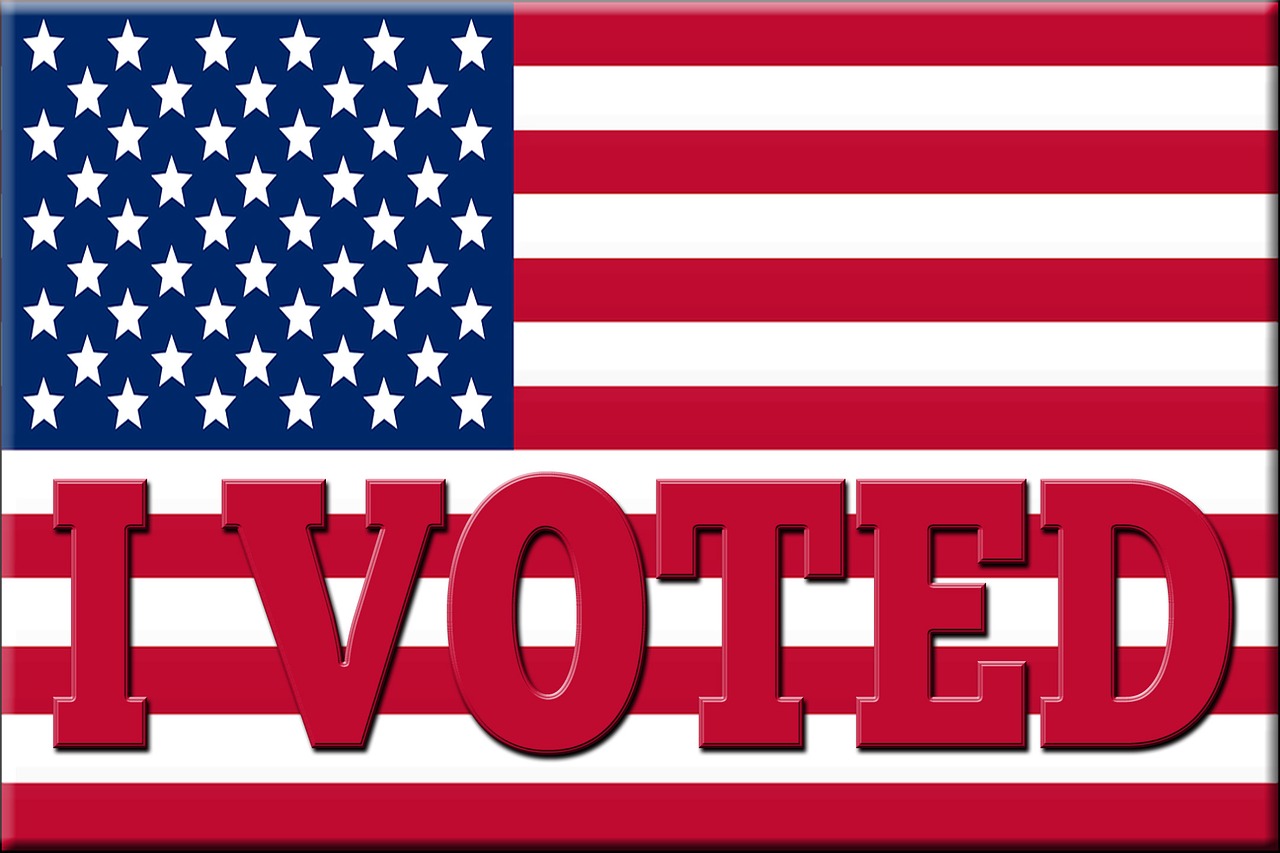A representative democracy doesn’t work unless the people — the voters — participate. If the people abandon that responsibility, or a dictator takes it away from them, then we don’t have much to work with.

In good years (i.e., a year like 2008, when many more American citizens participated than usual, for a variety of reasons) only about 2 out of every 3 eligible voters showed up. In bad years (such as years like 2014, when there was no president on the ballot) that number dwindles to somewhere around 2 out of every 5 eligible voters.
The data indicates that off-year elections tend to attract the most tuned-in voters, who usually favor the way things were (i.e., building for yesterday). The voters who mostly show up in presidential years commonly reflect America’s emerging diversity. Given their relative youth, this cohort should be the most concerned about the future. Bill Clinton used to say that elections are about tomorrow. Indeed. I would add that those most focused on the future should, in theory, be the most plugged-in voters. Alas, that is not necessarily the case.
Which brings us to a clear and present danger — the dichotomy between those who understand what’s at stake and those who don’t. Further — and even more ominously — the public’s ability to make informed decisions about these matters is in grave peril.
Let me expound. A career politician needs to win elections to keep their career on track. From their perspective, enlightened self-interest demands the following posture: elections are way too important to be left up to voters. This means career politicians could, if left to their own devices, find a way to pick their voters before their voters pick them. In other words, they devise strategies to make sure their opponents show up in smaller numbers than their supporters, by a combination of the following: “gerrymander” voting districts, to make sure as many districts as possible contain voters that vote for the preferred party; purge voters in the opposing party from voter rolls; require voter ID then restrict the number of places to obtain such ID; reduce the number of polling places; create long lines that discourage people from voting; et cetera.
Republicans have turned this into an art form better known as voter suppression. The fruit of their labor is now being fully realized, and the electoral prospects for those who would normally not vote for them is increasingly dire. For example — all across the country at county, state, and federal levels, Democrats have lost seats since the 2010 election in places where they had more voters. It is now an “all hands on deck” kind of emergency. Ari Berman’s Give Us the Ballot describes the scope, pedigree, and level of sophistication of this enterprise. See also recent decisions from various circuits of the U.S. Court of Appeals and the phenomenal work of the Brennan Center at New York University’s Law School.
This brings me to my final point. Daniel Patrick Moynihan wisely said, “Every person is entitled their own opinions, but we are not entitled to our own facts.” That used to be true, but we live in an age where facts can be twisted and in an hour wherein some are increasingly willing to brand inconvenient truth or objective facts as fake news. How then are we to have the crucial conversations necessary to form a more perfect union, if each camp inhabits a different universe?
This is the perfect breeding ground for authoritarianism, which requires that the “Supreme Leader” remain the ultimate arbiter of all that is true. Worse, the Supreme Leader prefers to be in complete control of the flow of information, inbound and outbound.
America’s founding fathers devised a constitutional republic to foreclose those dangers and provide warning systems when the republic is in peril. Even with ear plugs, the alarm bells can be heard all the way down the street.
So here’s the bottom line — show up for every election! Quick — go online now, and make sure your voter registration is valid. Find out which election will happen in your county or state this year!
Reference:
Wikipedia. 2017. “United States Presidential Election, 2016.” Last modified January 9. Accessed January 6. https://en.wikipedia.org/wiki/United_States_presidential_election,_2016.
